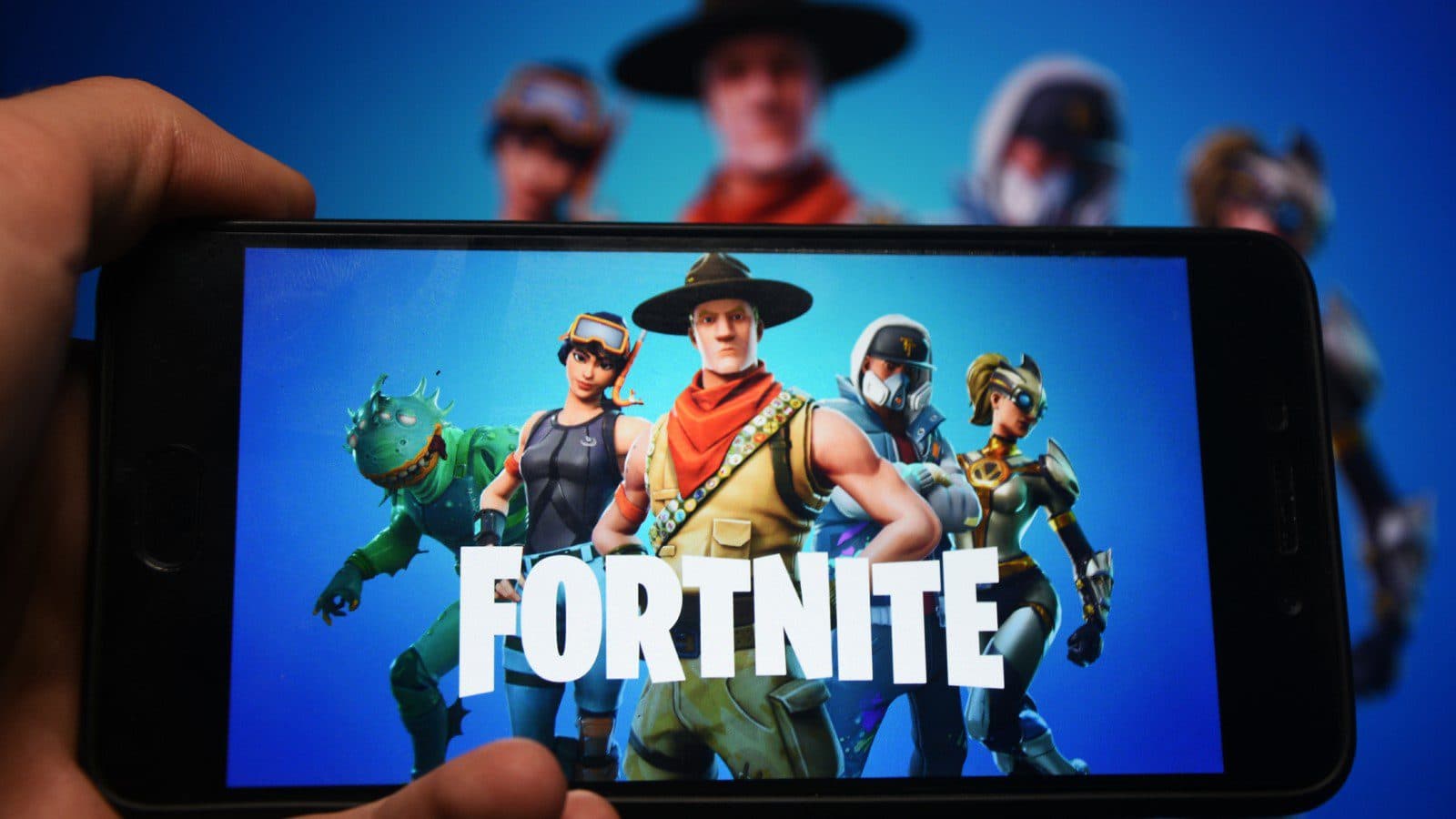Fortnite Developer Epic Games Gets $2B To Drive Metaverse Efforts
Fortnite developer Epic Games will use the funding to further its metaverse efforts as it continues to navigate new revenue streams

Credit: Shutterstock
- Epic Games has secured a whopping $2 billion in additional funding from Sony and KIRKBI to further its metaverse ambitions
- While some see the Fortnite developer’s position to port their games to Web3 as a challenge, others view the move as a positive
The developer of one of the world’s most popular games, Fortnite, has scooped up $2 billion in additional funding in a bid to accelerate its metaverse ambitions.
Epic Games said Monday it had received $1 billion each from existing investors Sony Group Corporation and KIRKBI, the family-owned investment company behind The LEGO Group.
Following regulatory approval of the deal, Epic’s post-money equity valuation stands at $31.5 billion.
The fresh funding will be used to build out Epic’s vision for the metaverse and support its continued growth, according to a statement. Epic said it is attempting to create novel “social entertainment” by exploring the connection between the digital and physical worlds.
“As a creative entertainment company, we are thrilled to invest in Epic to deepen our relationship in the metaverse field, a space where creators and users share their time,” Kenichiro Yoshida, president and CEO of Sony Group Corporation, said.
Sony’s participation in the round extends upon its $250 million cash infusion for Epic in 2020 and a further $200 million a year later. Epic’s accrued capital is slated for the developer’s project to build “real-time 3D social experiences leading to a convergence of gaming, film, and music,” its CEO Tim Sweeney reportedly said at the time.
While the funds have been flowing, questions are mounting over how the developer will best attempt to monetize their efforts in a world seemingly designed for decentralization and individual ownership of digital assets.
“What they’ve been building with Fortnite, is what they’re kind of calling a metaverse, but I’d say it’s a closed ecosystem, where they rely on external investments and deals with large intellectual property rights, instead of a more open web3 metaverse,” Lost Relics and Codebit Labs Director Cliff Cawley said.
“It seems that some companies are merely using the term metaverse as another marketing term to ensure their balance sheets remain profitable for themselves,” Cawley added.
Fortnite is a hugely popular free-to-play battle royal game where 100 players are dropped on an island and duke it out by crafting, shooting and looting their way to a top spot.
While the model is free-to-play, Epic generates substantial profit through microtransactions via its in-game store. Players can purchase skins, emotes and sprays in exchange for the company’s in-game currency called V-Bucks, which are purchased using fiat.
Epic uses V-Bucks to turn a large portion of its profit. In 2018, the company generated $5.5 billion in gross revenue from its Fortnite title and $3.7 billion the following year, according to leaked documents from last year’s Apple v. Epic Games trial.
“It would be next to impossible for Epic to smoothly transition Fortnite into a Web3 Game,” Simon Kertonegoro, CEO and founder of MyMetaverse, said. “Its game mechanics and monetization are already set up to run in a Web2 way.”
Web3 refers to the idea of a decentralized internet where ownership of data is possessed locally by the individual. Metaverses, meanwhile, refer to the experience individuals will have based on an intersection of technologies including virtual reality, blockchain and Web3 infrastructure.
Both concepts are in their early infancy, but development and major funding have continued to push the bounds and explore new revenue streams that share collectively in the success of a particular title.
While revenue models will need to be hashed out, some blockchain gaming developers believe Epic’s foray into the metaverse will help position the budding industry front and center.
“We should definitely anticipate more innovation happening in the space as new economic models are introduced,” Brian Akaka, chief marketing officer at Laguna Games, the developer behind the upcoming non-fungible token (NFT) title Crypto Unicorns, told Blockworks.
“It is important for game developers to incorporate new mechanics as a natural part of gameplay, rather than treating it as an add-on.”
Kertonegoro believes Epic is poised to take advantage of an entirely new title centred around the concept of monetizing in-game assets that give players the option to share in the profits of Epic’s sales.
“I believe Tim Sweeney and Epic Games, in general, are smart enough to know that, in the end, the solution that’s best for players will always win,” he said.
Epic continues to distribute only a single class of common stock outstanding and remains controlled by its CEO and founder.
Get the news in your inbox. Explore Blockworks newsletters:
- The Breakdown: Decoding crypto and the markets. Daily.
- 0xResearch: Alpha in your inbox. Think like an analyst.






